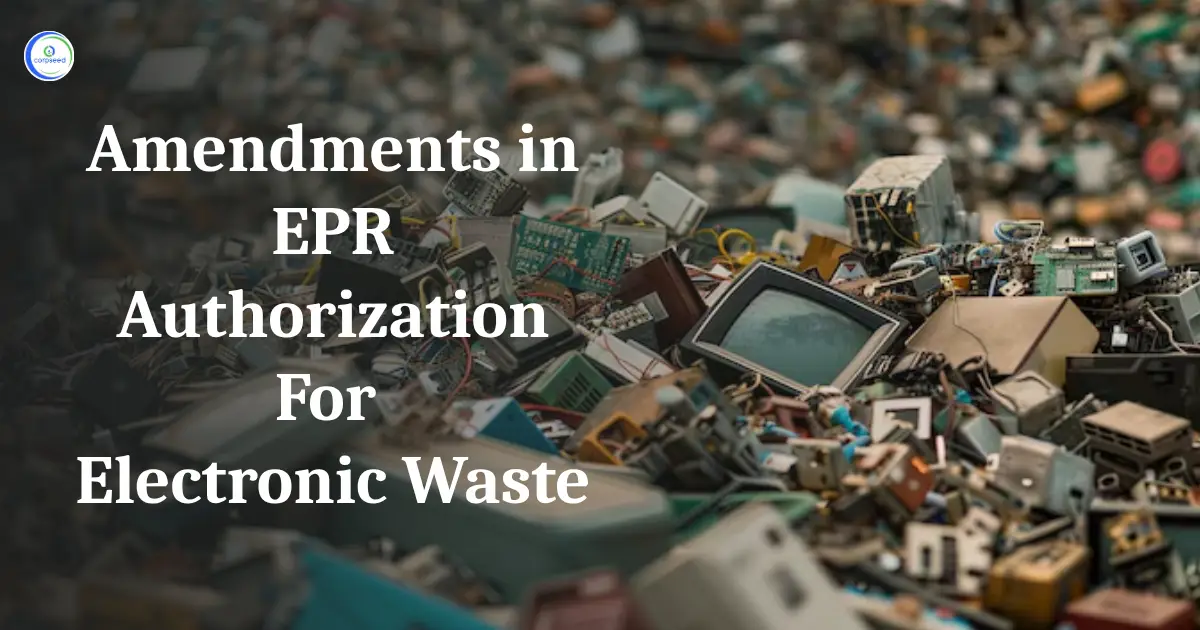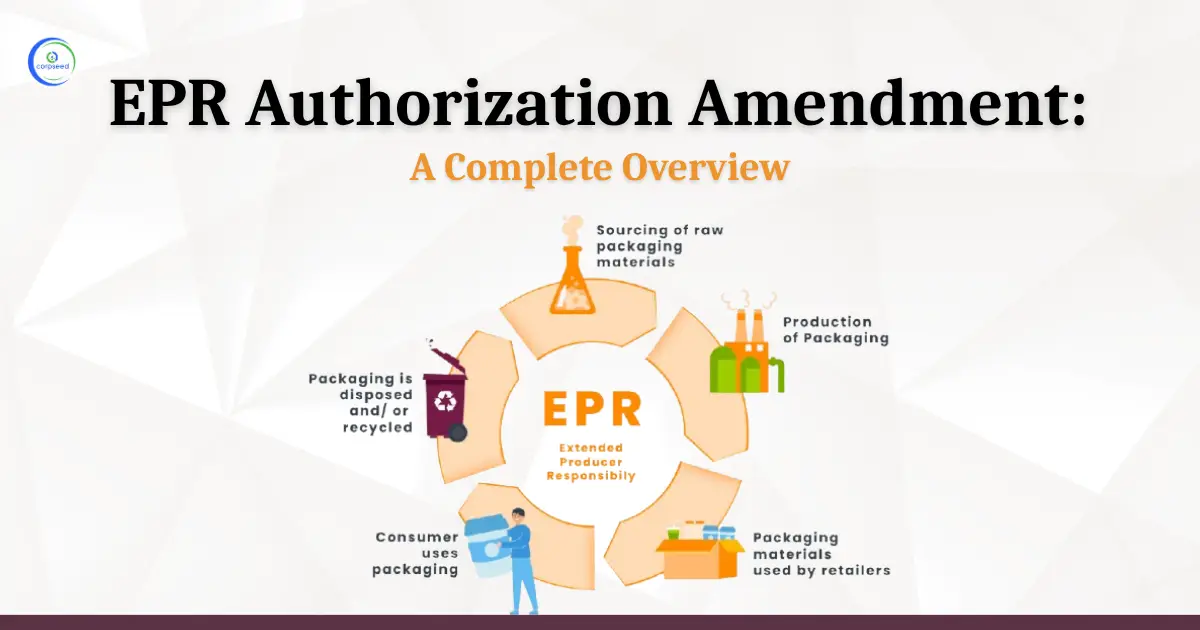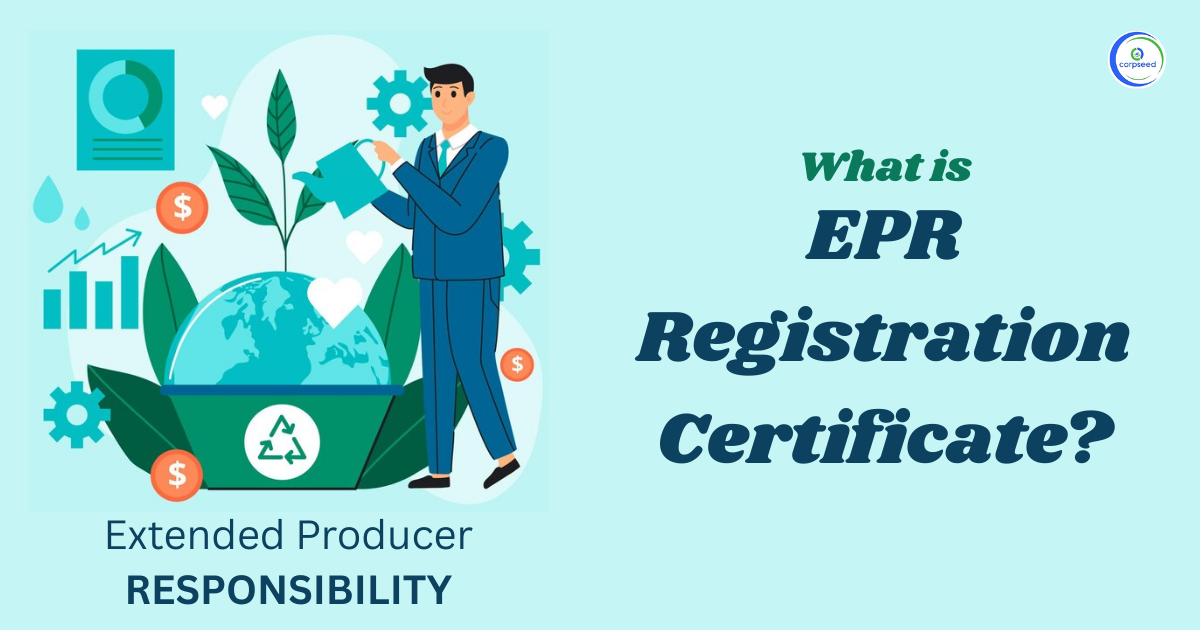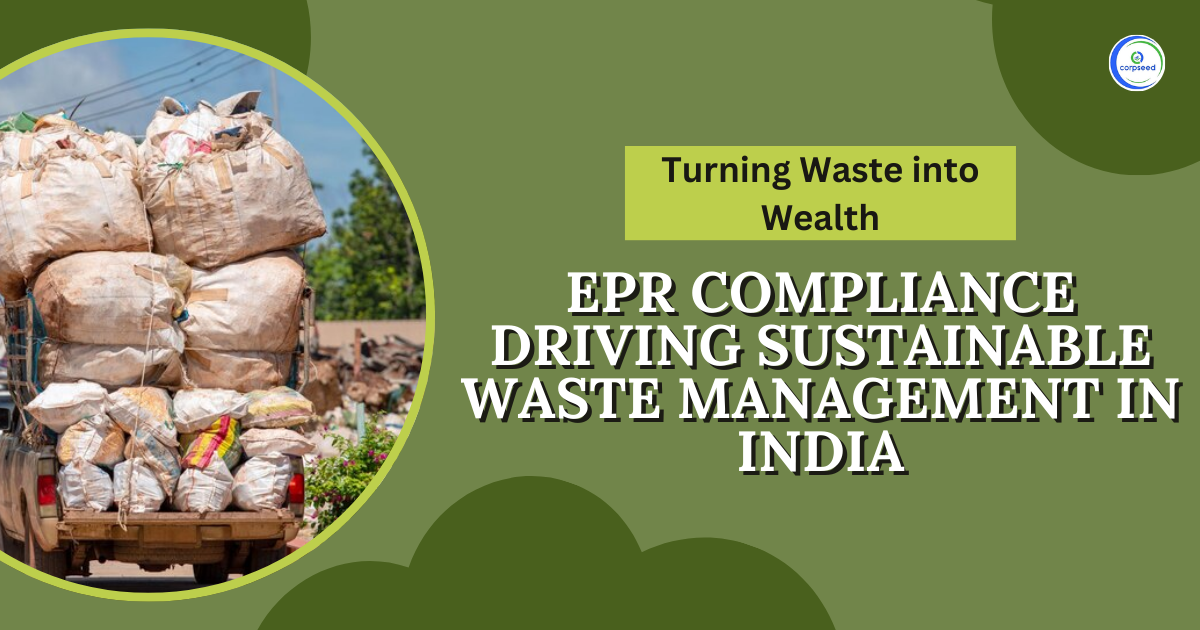Change in the Indian healthcare sector is fast. New technologies and a quest for sustainability bring it about. One of the core components of this change is something referred to as Extended Producer Responsibility (EPR). In many sectors today, such as healthcare devices, EPR is considered important. EPR puts the responsibility on producers for the whole lifecycle of their products, from production and disassembly to disposal and recycling.
What is EPR (Extended Producer Responsibility)?
EPR is a type of policy approach. It makes the manufacturer responsible for the complete lifecycle of the product, whole lifecycle including waste management after its use by the consumers. EPR encourages both recycling and proper disposal of products. It tries to minimize the damage caused to the environment due to the production of commodities. Thus, EPR requires the manufacturers to design eco-friendly products, which means better waste management and resource conservation.
Table of Contents
--------------Blog Contact Form-------------
Understanding EPR (Extended Producer Responsibility) in Healthcare Devices
Extended Producer Responsibility (EPR) for healthcare devices is that manufacturers are liable for the entire lifecycle of their products. The waste of health care is plastics and electronics, mainly from medical devices. The ultimate goal is to make the product sustainable.
In the case of the manufacturers, it is the responsibility of the effective disposal of medical devices. EPR license are required to achieve such compliance.
While many medical devices need EPR in India, EPR registration entails designing the product for disposal. E-waste from these devices is hence recyclable.
In India, the healthcare sector faces a serious problem in waste management. EPR could better smoothen the processes of waste reduction and protection against environmental detriments. It also opens economic opportunities, especially through recycling technology innovation. Nevertheless, challenges abound. These include high implementation costs and resistance from manufacturers. The regulatory frameworks should therefore be extremely strong.
Importance of EPR in Healthcare Devices
- Waste Management: Healthcare generates heavy waste. EPR promotes suitable management and disposal.
- Environmental Protection: The EPR reduces pollution through recycling and responsible disposal.
- Resource Efficiency: It encourages using recyclable materials while saving our natural resources.
- Innovation: It stimulates the development of eco-friendly and efficient medical devices.
- Regulatory Compliance: EPR ensures compliance with Environmental law and avoids penalties.
- Consumer Trust: Thus, it proves commitment to sustainability, which means a better brand reputation.
- Economic Opportunities: It provides employment and innovations related to recycling technologies.
- Public Health: Prevents harmful waste and preserves public health.
Read Our Blog: How to Obtain an EPR Certificate for Import in India
Future Prospects of EPR in Healthcare Devices
- Increased Recycling and Waste Management
EPR enhances the recycling element. Used healthcare devices will be collected and reused. This means much waste will not go to the landfill, thus moving towards a circular economy. Plastics and metals from medical equipment can be recycled. Waste management will have increased resulting in a decreased ecological footprint for the healthcare industry.
- Green Product Designs
They will make environmentally friendly health care equipment. EPR encourages the usage of recyclable materials. The product will be reversed easily. Consequently, they can recycle them easily. This will limit harm to the environment, and the lifecycles of products will be enhanced.
- New Technology
EPR will encourage new technologies. Better ways of recycling used healthcare devices will develop. Sustainable easy-to-recycle materials will exist. These will make healthcare sustainable as well as economical.
- Consumer Awareness and Responsibility
EPR will let the consumers know how to dispose properly. Improvements will occur in proper healthcare equipment disposal education. Public awareness of branding of products clearly will be beneficial.
- Economic Growth and Job Creation
Economic growth will be realized by providing an EPR framework. New recycling and waste-management industries will arise from this. The economy will benefit since there will be green jobs, all of which contribute to sustainability.
- Global Standards and Consistency
EPR will achieve global standards for waste management. International cooperation will see congruent EPR policies. This will make it easy for companies to meet the cross-border regulation on one single platform.
- Meeting Sustainability Goals
EPR will support the healthcare sector in implementing sustainability goals. This includes encouraging recycling, reducing waste as well as allowing for better use of sustainable materials. The healthcare sector can better be aligned with global sustainability commitments like SDGs.
Read Our Blog: What is an EPR Certificate?
Challenges Faced in EPR in Healthcare Devices
- High Implementation Costs
EPR for healthcare devices is a cost affair to implement. Such costs are incurred by the collection systems and recycling facilities. Such high costs might prove a hassle for small manufacturers.
- Resistance from Manufacturers
Manufacturers also resist EPR. Some of them view compliance as an expensive and inconvenient process. Such resistance may significantly delay EPR adoption and undermine the sustainability of waste management solutions.
- Complex Waste Streams
Healthcare devices are usually prepared using sensitive materials. Some of the examples include plastics and batteries. Recycling them requires special recycling technologies.
- Regulatory Barriers
It will be difficult for manufacturers to follow EPR legislation. There are various national and international regulations that the manufacturer has to follow. This would be very time-consuming, taking into consideration the number of companies across countries.
- Consumer Education
Most consumers remain ignorant about the proper mechanism for disposing of healthcare devices. It is a must for EPR to educate the consumers. EPR will be able to meet its targets if it respects the behaviour for return.
- Strong Support Framework
EPR support requires strict regulatory frameworks. Such frameworks should ensure compliance and provide clarification. It takes a long process to formulate them.
- Research
Advanced recycling technologies are the pillars of efficient waste management. Establishing them is complex and costly. High investments are normally associated with them.
Read Our Blog: A Detailed Manual on EPR Certificate for Rubber Goggles
Conclusion
Extended Producer Responsibility will form a much larger part of sustainability for the healthcare sector. On EPR certification, manufacturers must be accountable for their products and their safety from the point of origin to the end. Thus, EPR registration promotes responsible waste management. The companies can showcase their eco-friendly nature and adherence to the law by obtaining an EPR license. EPR Registration facilitates recycling and resource conservation and thus reduces e-waste. EPR has many fundamental advantages, including improved public health and economic growth, despite all the challenges it poses, including considerable implementation costs and manufacturing resistance from some quarters. Increased embracement of EPR will have to continue to get the healthcare sector on the right track toward achieving global sustainability goals.
This portion of the site is for informational purposes only. The content is not legal advice. The statements and opinions are the expression of author, not corpseed, and have not been evaluated by corpseed for accuracy, completeness, or changes in the law.
BOOK A FREE CONSULTATION
Get help from an experienced legal adviser. Schedule your consultation at a time that works for you and it's absolutely FREE.





.webp)



